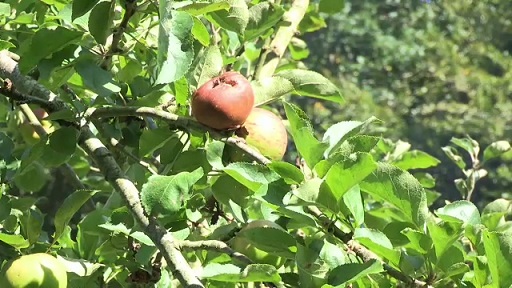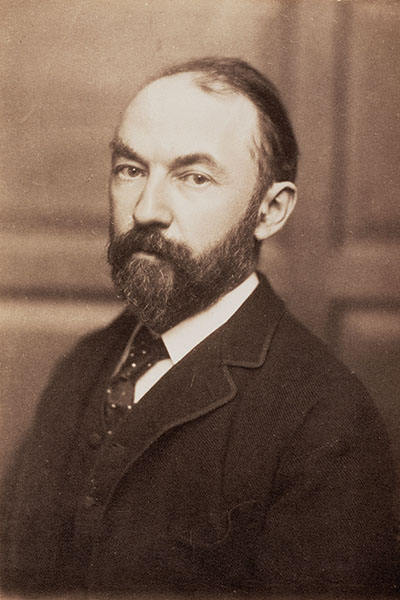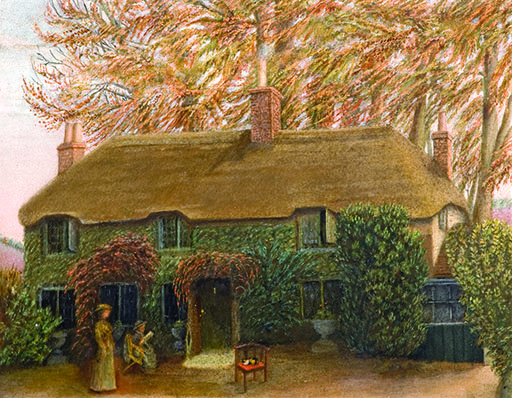1 Biography and context
Thomas Hardy (1840–1928) was a novelist and poet, famous in his own lifetime with a well-deserved reputation that endures into the twenty-first century. He was born in Upper Bockhampton, a small village in Dorset and as a child went to the Church of England school in the next village. As a young man he was articled to an architect in Dorchester, and in 1862 moved to London where for five years he was employed as a draughtsman before returning to Dorset, where he worked restoring churches. He also started writing fiction which he based on the countryside he came from and lived in, and the country people that he knew best.
Activity 1
Watch this short video now which was filmed in and around the cottage where Hardy was born, and where he wrote Far From the Madding Crowd. As you watch, pay attention to information about the Hardy family, and anything in his background that is discussed here that you think might have contributed to his future career a writer.

Transcript: Video 1
[MUSIC PLAYING]
Discussion
There are several interesting pieces of information in that film clip that might be significant in fostering Hardy’s interest in writing. First, his mother Jemima had been a servant, but unusually seems to have been allowed access to the family’s library where she was in service. She read works by Dr Johnson, Sir Walter Scott and Lord Byron, and it seems likely that she passed on her love of reading to her son. His father was a builder with his own yard employing other working men, which put the Hardy family’s social standing a cut above that of other labouring families. The parents may well have encouraged aspirations in their children and clearly Thomas had a sound education, after working in London he returned to the family home. That father and son worked their cider press together suggests one way in which the family was steeped in local tradition, and Hardy’s interest in the community is evident when we learn that he took jobs and names of country people from churchyards in the area, using them as inspiration for his fiction.


